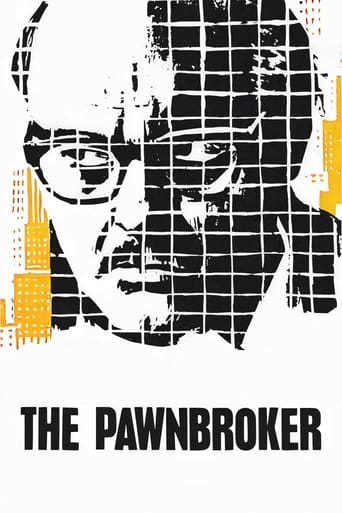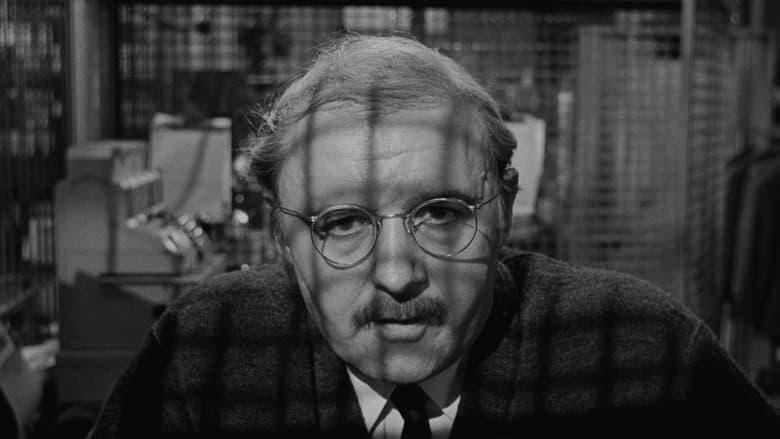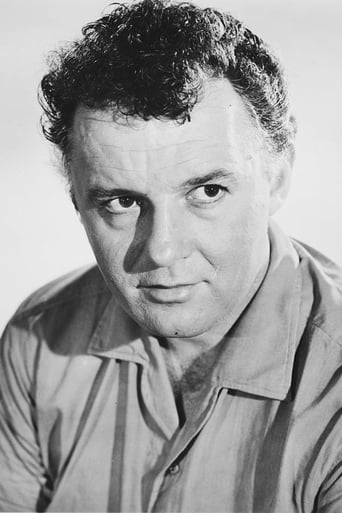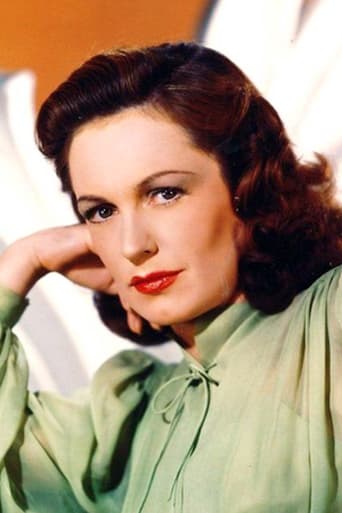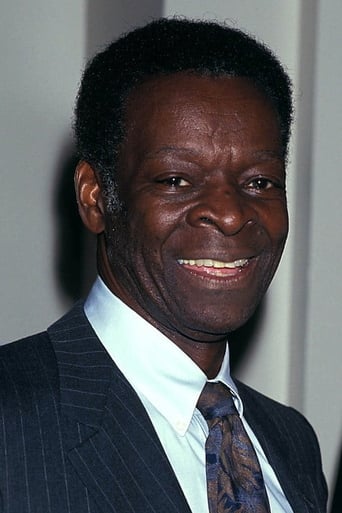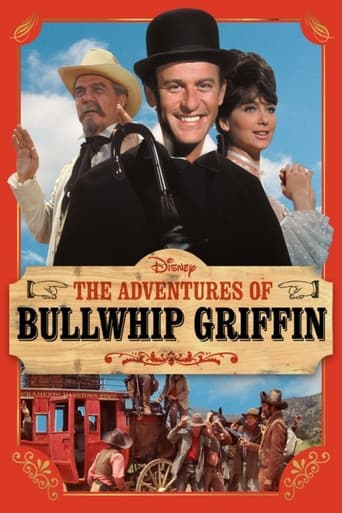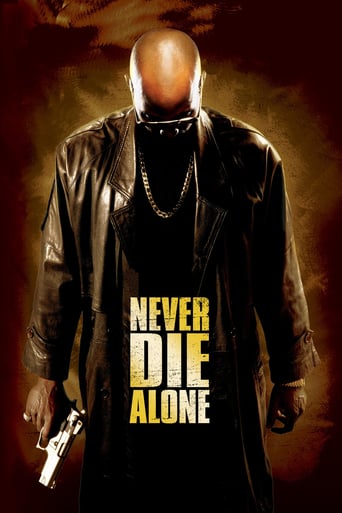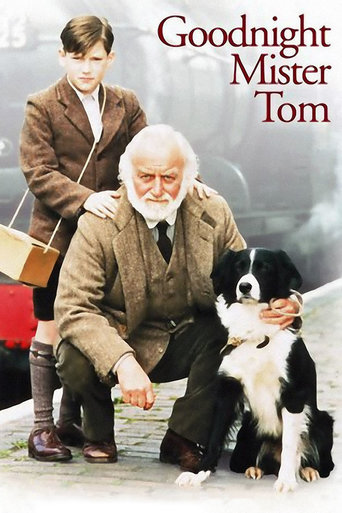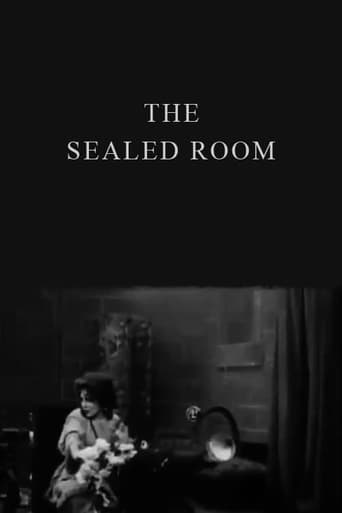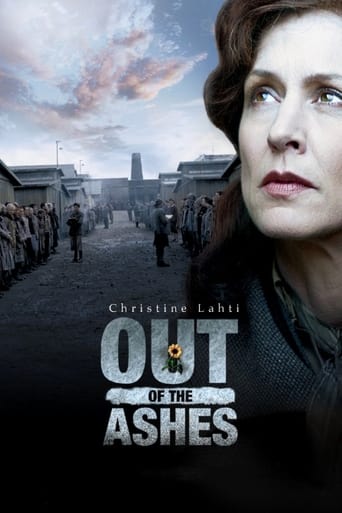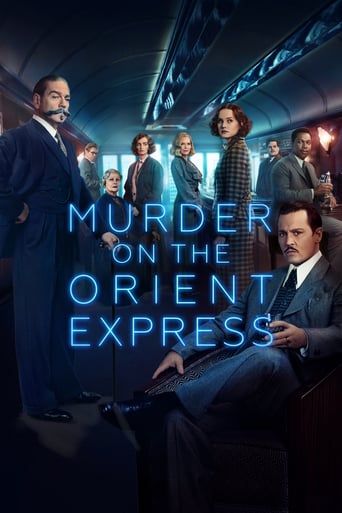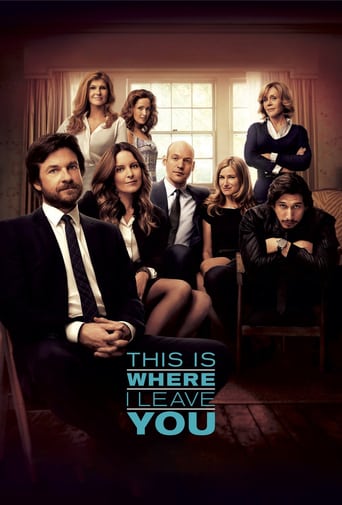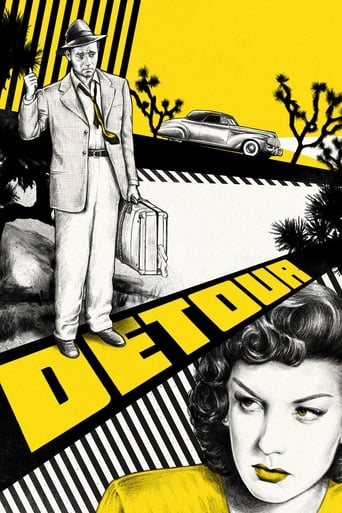The Pawnbroker (1965)
A Jewish pawnbroker, a victim of Nazi persecution, loses all faith in his fellow man until he realizes too late the tragedy of his actions.
Watch Trailer
Cast


Similar titles
Reviews
If you truly want to see something awful, ugly and be depressed in the end....Watch this! The subject matter could have made an interesting film, yet the characters, the setting, the music all contribute to nothing but wallowing in squalor! The plot has already been described here. Missing was the contrasting element to these pathetic characters and their equally dreary existence. It was all one tone. You wait for it to get better but alas, it never does. A bit of humor would have added an element of relief to an otherwise pitifully self-indulgent seediness. I like gritty as much as anyone, but when you see this, you will want to watch something like.....The Exorcist, just to get the taste of this one out of your mouth.Not all of us see a classic here, to some of us the emperor is naked! (and it isn't pretty!)
A Jewish pawnbroker (Rod Steiger), victim of Nazi persecution, loses all faith in his fellow man until he realizes too late the tragedy of his actions.What goes on at the corner of Park Avenue and East 116th Street? Your friendly neighborhood pawn shop doing business, or a hub for criminal elements? Ivan Butler says the film presents "the beastliness and squalor of life in a big city", with even the life-saving ambulance featuring a "battered chassis". Butler's praise knows no bounds when he says, "Rod Steiger's performance ranks among the half dozen greatest in the cinema, and the film is filled with unforgettable moments." There is an interesting social commentary here, though what exactly it says may be unclear. A Jewish man, who has survived the Holocaust, now provides a service for the poor, who he calls "scum". Is it right for him to look down on people when he was once looked down on? And is his "service" helping the people or only further forcing them into poverty? In some sense, he has become the new oppressor, controlling the lives of his neighbors by deciding how much the important pieces of their lives are worth, and collecting their rings much as the Nazis had once collected the rings of his fellow prisoners.While probably not intentional, one could make the case that this film is an allegory for the state of Israel. The members there, once oppressed, now keep their neighbors down. That strikes me as being far more political than this story was reaching for, though.Interestingly, this was Morgan Freeman's first movie (as an uncredited man on the street). And strangely, you will notice that the music first heard as background on the radio in the scene between Ortiz and his girlfriend was later revived by Quincy Jones to become the title theme music to the Austin Powers films.
The first time I heard of "The Pawnbroker" was when it was mentioned in a great documentary called "Hollywood and the Holocaust", showing how Hollywood dealt with theme of the Jewish holocaust in the 2nd World War, and one of the most important films about the period is this film directed by Sidney Lumet. The testimonies of personalities (including lead actor Rod Steiger) was very captivating and something urged me to watch it right away. Here's a psychological and moving drama about a Holocaust survivor whose life haven't changed for best, instead, he remembers the ghosts from the past in a chaotic and criminal New York that resonates part of his tragic life in a concentration camp during the war. In a magnificent and heart-breaking performance, Rod Steiger plays Sol Nazerman, a Jewish pawnbroker who lost his belief in mankind after losing his whole family in a concentration camp and seeing the horrors of war. The only thing he beliefs is in money because that's the only thing that lasts and the only thing that makes the world and people go round, he says that to the young and ambitious Jesus (Jaime Sanchez), who works for him in his pawnshop trading a little sum of money for people who wants to exchange old things for the money, and they'll always think that he can give more cash to them than the very few he gives to them.Sol is a solitary, bitter and rigid man who pushes people away from his life, he doesn't need people's sympathy, it doesn't help people feel sorry for him. Geraldine Fitzgerald plays a friendly woman interested in this man's life after trying to make him interested in helping a community center of the city. He's not interested in her or in anyone; he only lives for the money waiting for death to come and put him out of his misery, he can't kill himself, and he keeps tormented with his past that seems to be happening again in the crowded and violent streets of New York. Through amazing and brief flashbacks we follow Sol and his horrific experiences during war, along with a similar situation during his recent life that evokes that, for instance, when he sees a black man getting attacked by a group of people, he stops, watches the scene and right away he remembers a man trying to escape through a fence in the camp, then being shot by a Nazi officer. And he keeps remembering, suffering, and not dying, always keeping his pain to himself.The movie doesn't keep always on Sol, it also follows Jesus, the happy man who works for Sol, learning valuable life lessons of how to take care of the shop, and the importance of money in everyone's lives. These two opposite forces have some clashes, little arguments but they seem to go well with each other without realizing what bothers one another. Oscar wants to be successful as Sol, but he's too confident and positive on the same things that are twisted and miserable to Sol, he's too innocent about the world's hardness, barely realizing that he'll be connected with a group of thieves that wants to steal Sol's money, and he might be the one who'll help them with the plan.Steiger makes of Sol a contradictory character in who we want to feel sorry for his loss and his tragic life but at the same time, he's not that likable, he's brute and introspective at times, mumbling a few words, and he can't make a person feel completely bad about himself, or herself, not caring about their problems at all. Yet, you feel that he has been through a lot of things, and it is too difficult not to relate with him. He makes us remember of ourselves, in times we are desperately just like him and we want to throw everything away, give up on things, and other times we might believe that death is the only answer. In the case of Sol, he should be more thankful for the life he has, and try to do and be more than just suffer; he has a family (in another state where he spends his vacations) that likes him, he has support from people and want to talk to him about anything. Will he be able to forget his past and live a better life? Maybe, maybe not but until then life repeat itself and Sol can only aspire to die or get killed."The Pawnbroker" has not only great performances and a terrific screenplay but many great things too, like the dramatic music of Quincy Jones, using a little bit of jazz; and a meaningful art direction, not only during the war, but also (and especially) the pawnshop of Sol, with lots of grids, a resemblance with the concentration camps that it's almost impossible to see a thing. It's the new prison of Sol and he doesn't realize that, if earlier he lived to see only misery and death, now we can only see the money. The only thing that is equal between both is that he can only see people behind these grids and barbed wires, the dramatic and sad division of human being.It is a sad story that has one small happy moment right in the first scene after this, you must be very spirituous to watch this film. But I urge you to watch it, because it is one of the rare films on the subject made in the 1960's and to at least see how great Rod Steiger is, with his ability to play a psychological character that is not that easy to comprehend, a difficult role and Steiger's favorite of all of this roles (sadly he was robbed at the Oscars). It's a powerful, memorable and relevant work and one of the best directed by Sidney Lumet.
This has to be the most depressing film I have ever seen. I seriously stopped in the middle because I was getting so bummed out.Rod Steiger as Sol Nazerman, the pawnbroker of the title is brilliant in the role. I doubt if there is anyone else who could have brought froth the depths of despair that Nazerman was experiencing. He lost everything, not just a family, but his who reason for living, and, as he says, there was nothing he could do about it. He was utterly helpless as his world crumbled.He was a man without compassion or felling. His only comfort was money, and that really did him no good. It did not help him when he was reliving the flashbacks from the Holocaust. All he wanted to do was die, but apparently did not have the will to do it himself, so he set himself up for killing.Steiger wasn't the only person that made this film worth watching. There was Brock Peters as a gangster, Thelma Oliver as the girlfriend of his assistant (Jaime Sánchez), and Sánchez himself.The gritty and dark setting was perfect for the film. Sidney Lumet was excellent as the director.

